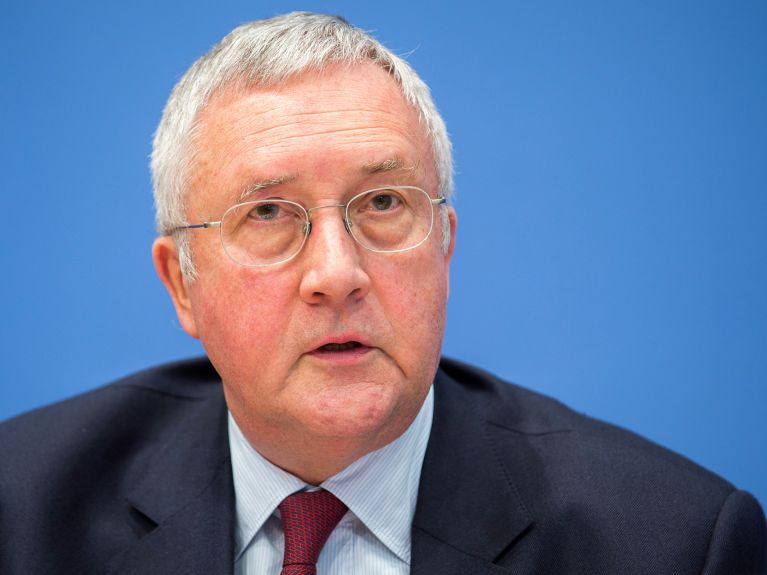Myths and realities
Manfred Güllner, the well-known opinion researcher, explains how the “electoral successes” of the right-wing populist AfD should really be assessed.

If the election reporting of many media in Germany corresponded to reality, the country would now find itself in a permanent state of “upheaval”. A “leading publication” like Der Spiegel regularly announces that the result of an election “is shaking” the republic, “transforming Germany” or “opening the door to a new political age”. Furthermore, the AfD is not only described as “a new mass people’s party” by its leaders, but also by Der Spiegel.

The vast majority want to have nothing to do with the AfD.
In reality, however, in numbers alone the AfD is very far from being a large “people’s party”. Altogether, in the six states where elections to the state parliament or city council were held in 2018/19, only one tenth of all eligible voters voted for the AfD. However, the vast majority, almost 90%, wanted and continue to want to have nothing to do with the AfD and either voted for another party or did not vote.
Even in their east German strongholds of Brandenburg, Thuringia and Saxony, 86, 85 and 82% respectively of all eligible voters did not give them their vote. Furthermore, it is by no means possible to speak of the “continuous growth” of the AfD. In all six elections of 2018/19 the party received fewer votes than in the Bundestag election two years ago. The total number of “right-wing” voters in these six states fell by roughly 440,000 from 2.7 million in the 2017 Bundestag election to 2.26 million in the 2018/19 state elections.
The AfD is not anchored in broad sections of the population.
Furthermore, unlike real people’s parties in the past, the AfD is not anchored in broad sections of the population. It is a close homogeneous community consisting largely of men that concentrates the potential of those who are susceptible to nationalistic ideas, a potential that has always been present, but previously dormant in post-war Germany.
In contrast to the general thrust of media reporting, the “old parties” have managed to mobilise more voters in state elections than at the last Bundestag election with popular and grassroots candidates. Thus, compared with the Bundestag election in September 2017, the CDU in Saxony received 30,000 more votes with Michael Kretschmer, the SPD in Brandenburg 69,000 more votes with Dietmar Woidke and the Left Party in Thuringia almost 126,000 more votes with Bodo Ramelow.
Where state premiers were extremely unpopular, like Carsten Sieling in Bremen, or where they were still overshadowed by an unpopular predecessor, like Markus Söder in Bavaria, the SPD, CDU and CSU have been punished by the electorate and have massively lost voters from the liberal centre who switched to the Greens. This also happened to Volker Bouffier in Hesse, a genuine liberal who, as successor to Roland Koch, took over a party that was perceived by voters as too right-wing.
Incidentally, the dramatic loss of trust and significance of the former people’s parties, the CDU/CSU and SPD, already began much earlier, before the AfD even existed. While the CDU, CSU and SPD sometimes received the votes of almost 80% of all voters in the 1970s and the early 1980s, their share had already fallen to less than 40% by the 2009 Bundestag election.
Non-voters would by no means vote for radical parties.
The lost binding power of the CDU/CSU and SPD has resulted in the steady growth of the “Non-Voters’ Party”, which consists largely of dissatisfied voters from the centre of politics and society. However, this large group of dissatisfied voters, who by no means want to vote for radical parties, does not receive the attention in the media that it actually deserves.
Prof Dr Manfred Güllner is a sociologist, social psychologist and business economist. He founded the Forsa Institute in 1984 and has made it a leading German opinion research institution.
You would like to receive regular information about Germany? Subscribe here:


